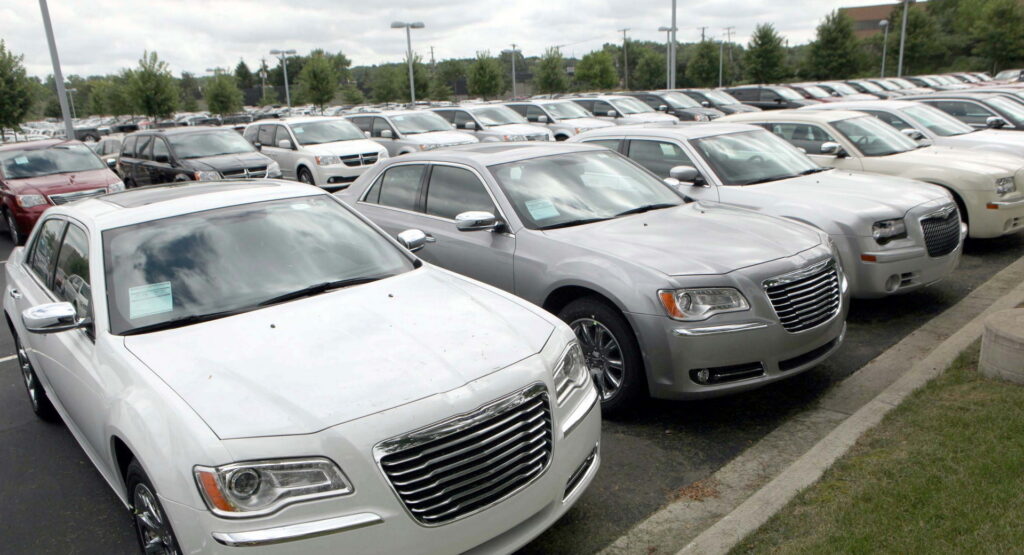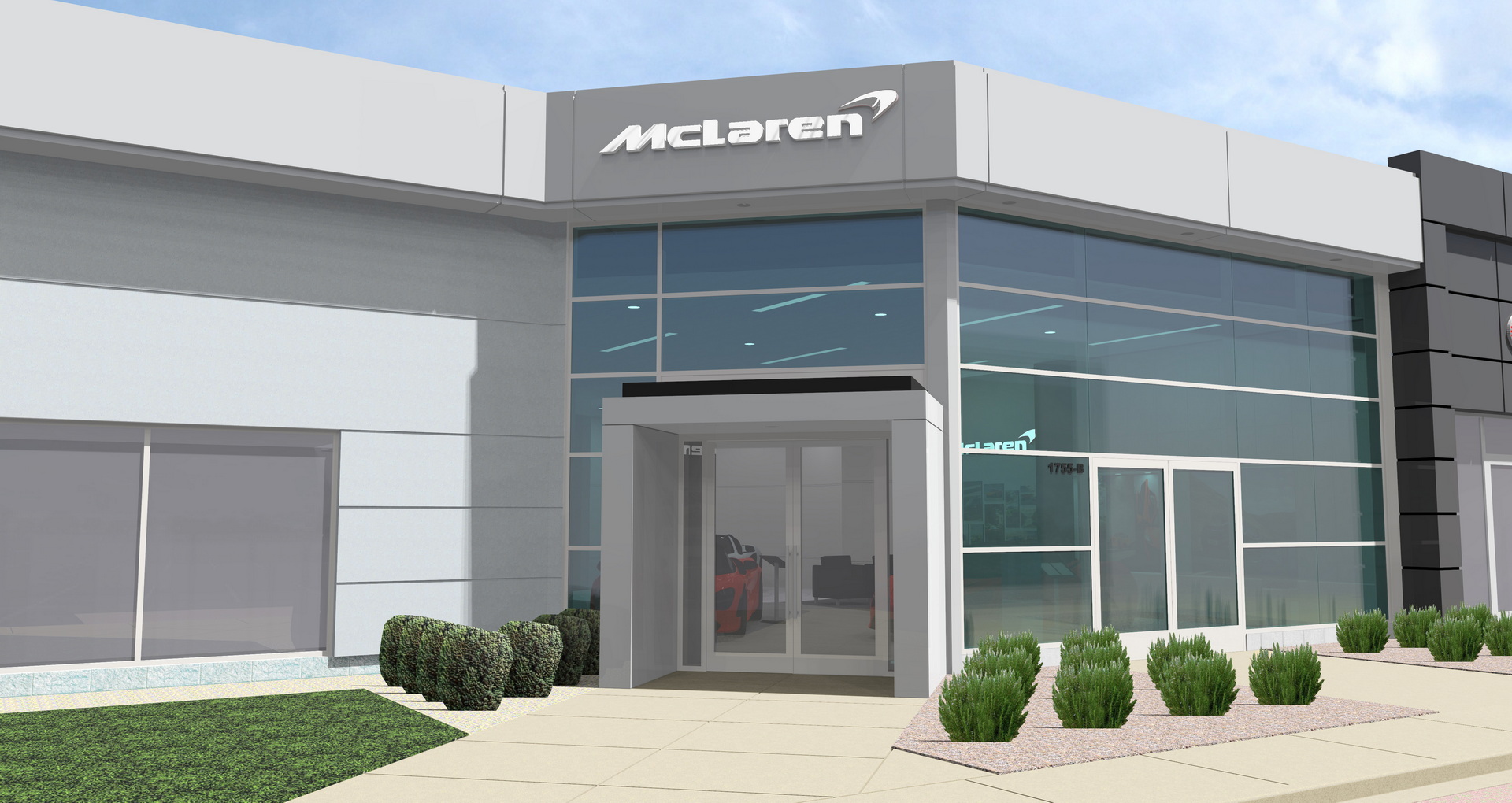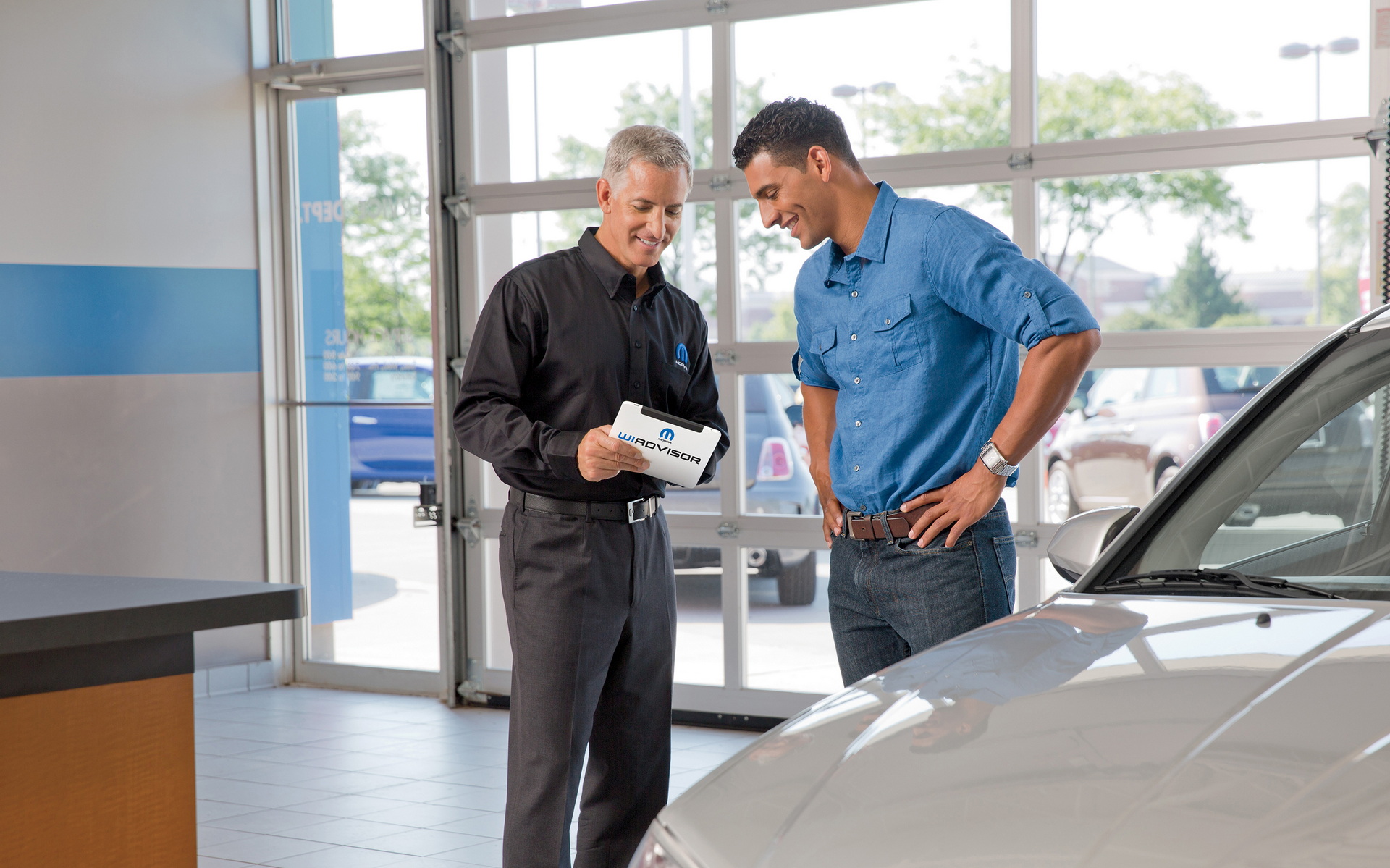The number of people defaulting on their auto loans is rising quickly and industry observers on are high alert because of it. Not only is the number of repossessions on subprime loans doubling, the rate of repos on prime loans has also reportedly risen twofold since 2020.
That’s a huge red flag, reports Barron’s, who spoke to dealer Lucky Lopez. He says that most of the repossessed vehicles he is seeing go to auction had loans that originated in 2020 and 2021. Normally, he reports, the loans are scattered across many years, since people fall on hard times at different moments in their lives.
Part of the reason behind the rising rates of loan defaults has to do buyers gaining temporary increases in income through the pandemic through government stimulus programs. With those programs stopping and inflation rising, more owners are underwater on their loans.
Read Also: Slump In Polestar Stock Could Signal Bad News For Entire EV Industry
Lopez said that he recently bought a Bentley, a McLaren, and two Aston Martins that were purchased using PPP money as down payments. All of those companies, among other luxury brands, reported record sales in 2021 despite the pandemic.
It wasn’t all bad loans, though. Lopez said he also bought a Chevrolet Silverado that had been repossessed from a borrower with a pretty good credit score of 700 who was only able to make two payments.
The default rate can’t all be blamed on stimulus, though. Pamela Foohey, a law professor at the Cardozo School of Law at Yeshiva University, warned last year that there was an auto-loan crisis brewing before the pandemic hit. Outstanding auto loans were at record levels, and delinquencies were hitting record levels every quarter before 2020.
Just as the bubble was set to burst, though, the government’s pandemic response meant that the bottom didn’t quite fall out of the market. The market, however, looks set to burst yet again, she told Barron’s.
Some say that the silver lining is that the trouble in the market may help slow inflation. Lopez said, though, that banks won’t just dump repossessed cars onto the market, meaning that values may not crash. The effect of all of this on the wider economy will not be good, he says.
“The idea that the economy is strong? Anyone who is actually doing business sees things are not strong,” said Lopez. “We had a housing bubble in 2008, and now we have an auto bubble.”






